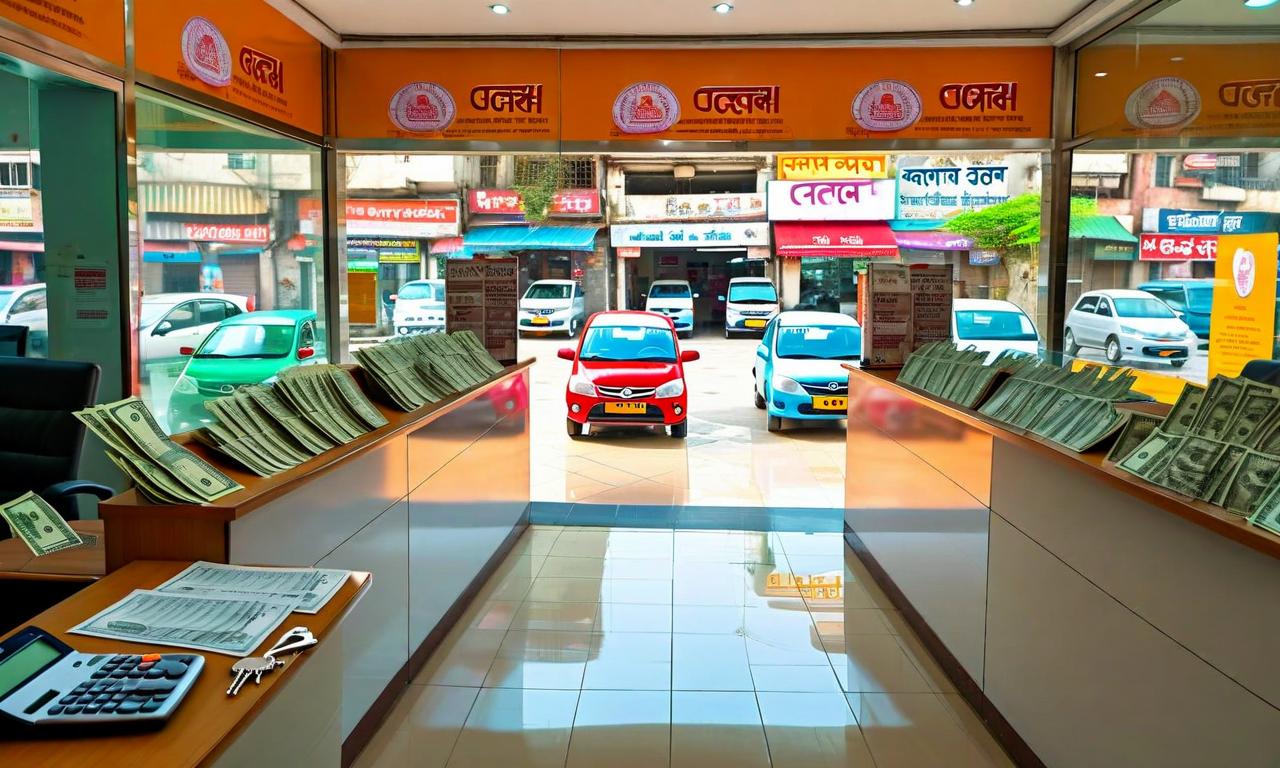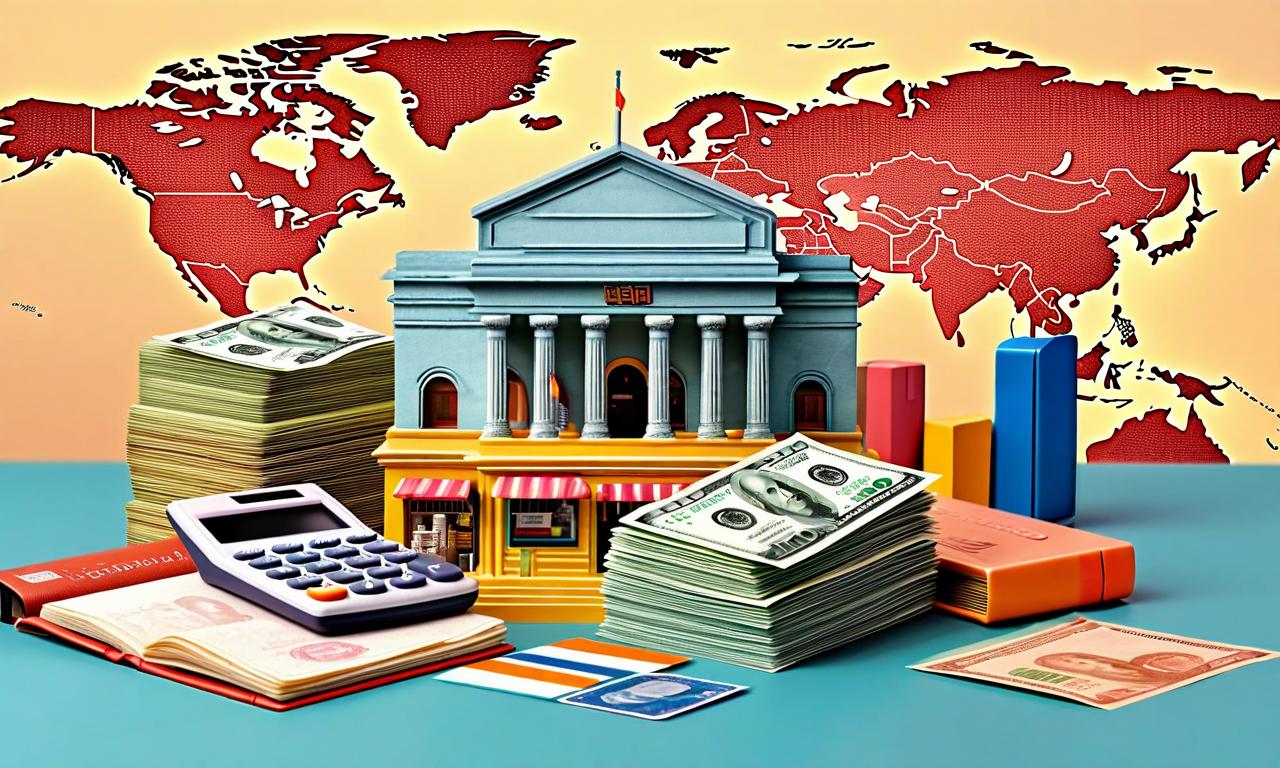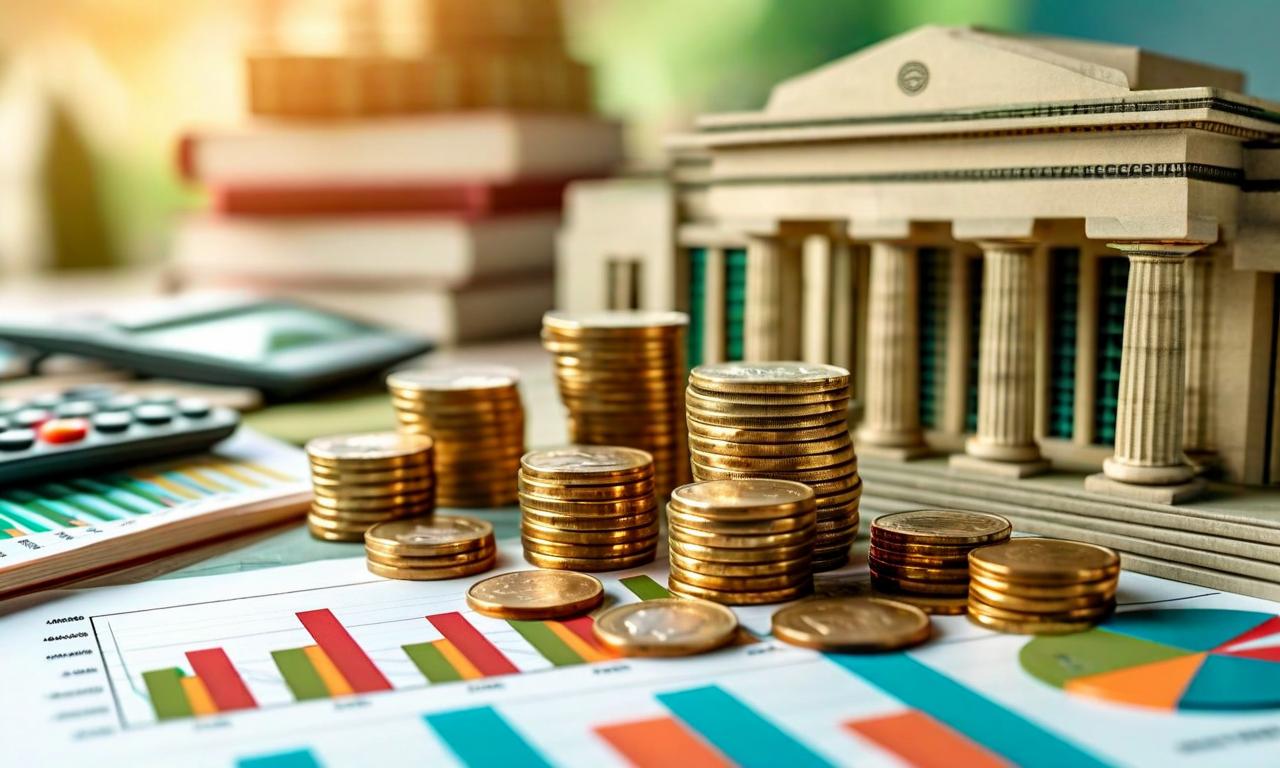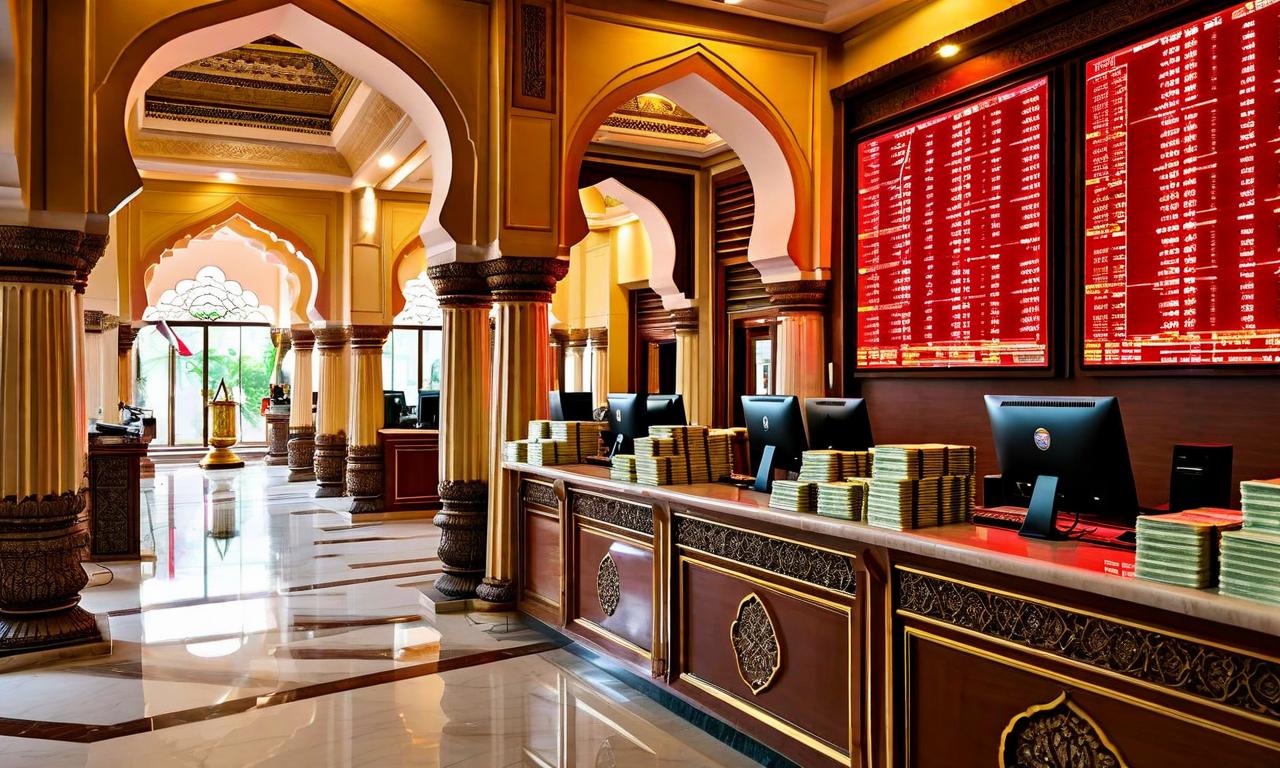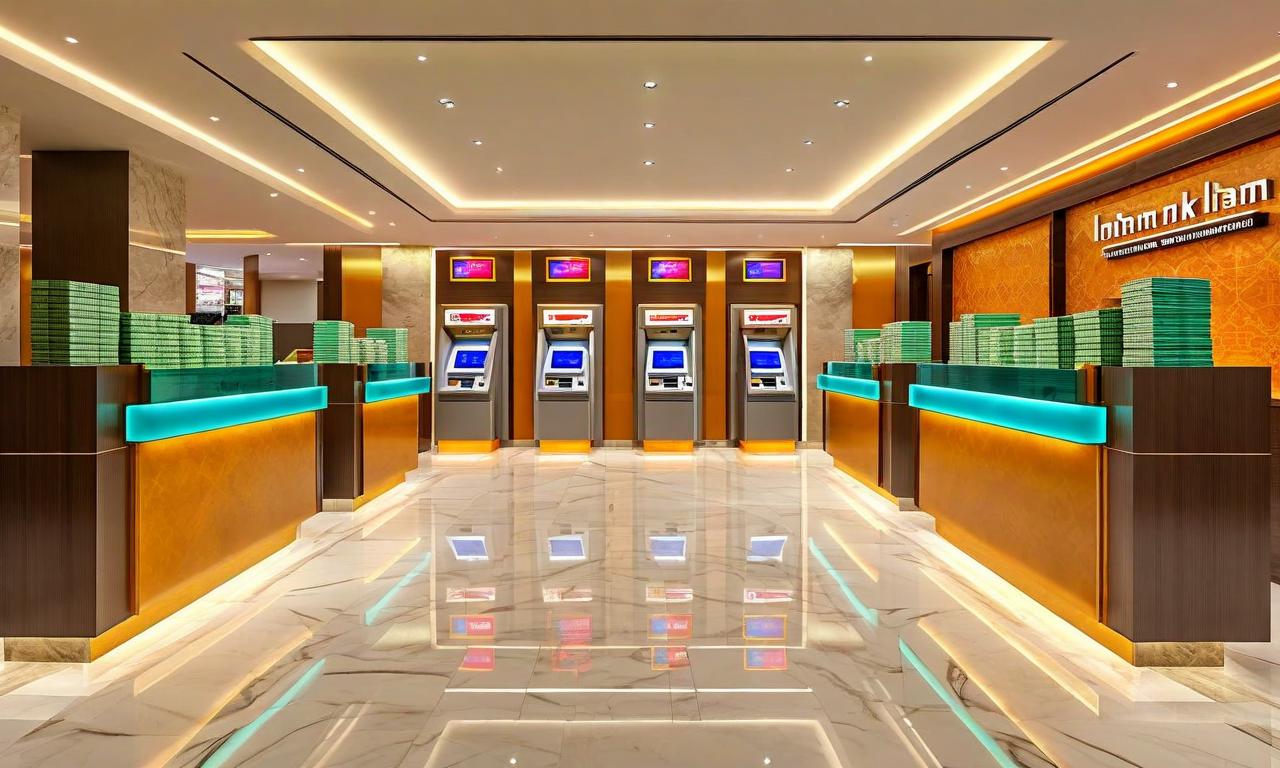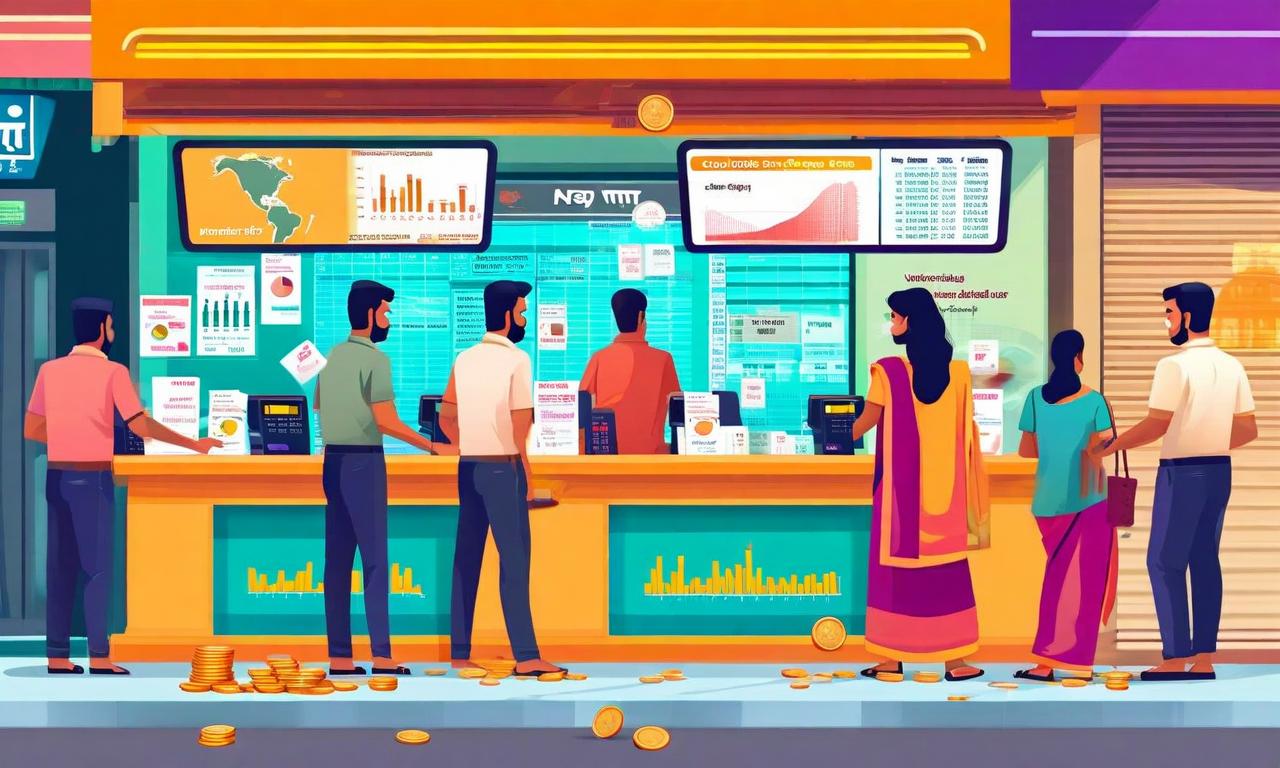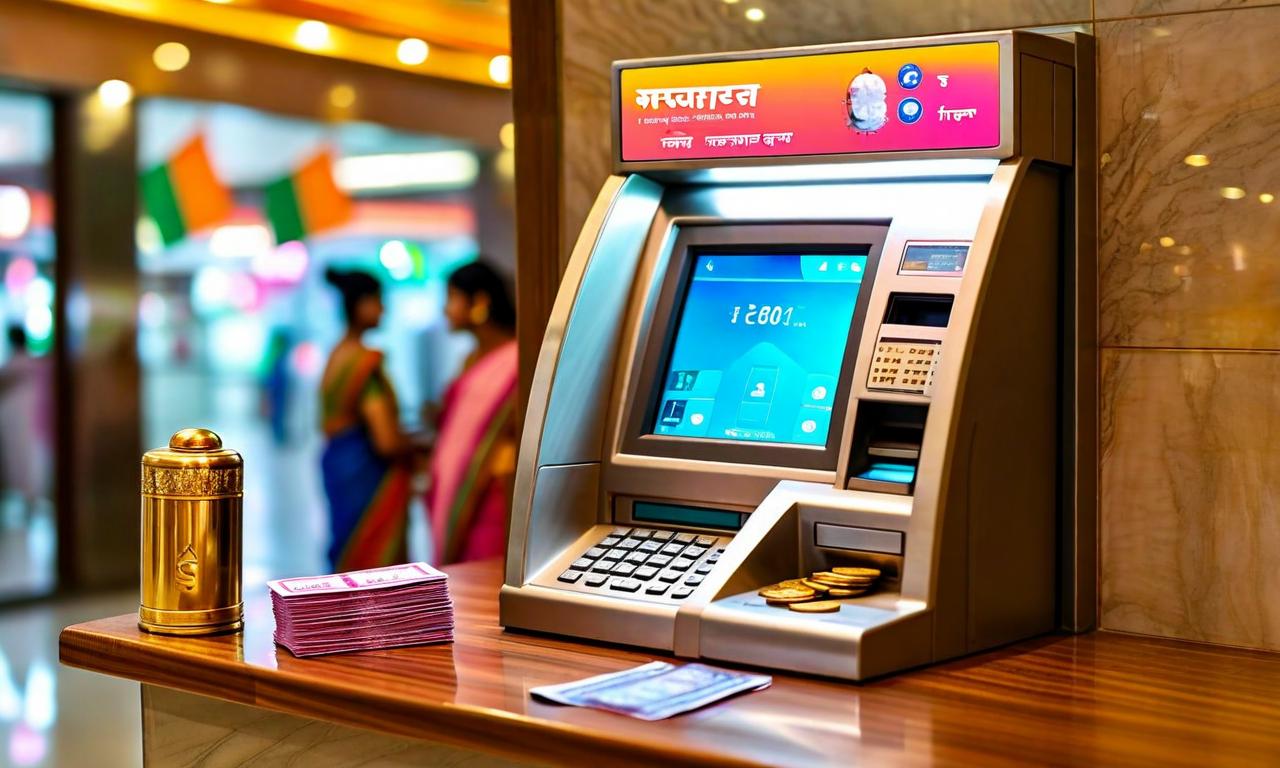Major Banks Roll Out Festive Offers to Boost Retail Lending Amid Slowing Credit Growth
Major Indian banks are introducing attractive festive season offers to stimulate retail lending as overall bank credit growth has decelerated to 10% from 14% last year. HDFC Bank has started its 'Festive Treats' campaign, while ICICI Bank, Axis Bank, SBI, and Bank of Baroda are also planning promotional offers. The banking sector is experiencing a broad-based slowdown in credit growth across various segments, including personal loans, vehicle loans, agriculture, and industry credit. Banks are focusing on retail lending due to higher margins, asset expansion, and lower risk profile compared to corporate loans. The festive season is seen as a crucial period for banks to revive credit demand.

*this image is generated using AI for illustrative purposes only.
In a bid to stimulate retail lending amidst a slowdown in bank credit growth, major Indian banks are launching attractive festive season offers. This move comes as the overall bank credit growth has decelerated to 10% compared to 14% in the previous year.
Banking Giants Launch Festive Campaigns
HDFC Bank, one of India's leading private sector banks, has already kicked off its 'Festive Treats' campaign, coinciding with the celebrations of Onam and Ganesh Chaturthi. Not to be left behind, ICICI Bank is gearing up to introduce its 'Festive Bonanza' offers, while Axis Bank plans to roll out special discounts that align with the GST cuts effective from September 22. Other major players like State Bank of India (SBI) and Bank of Baroda are also joining the festive bandwagon with their own promotional offers.
Slowing Credit Growth Across Sectors
The banking sector is witnessing a broad-based slowdown in credit growth across various segments:
- Personal loans: Growth has moderated to 15% from 17% last year
- Vehicle loans and credit card outstanding: Showing deceleration
- Agriculture and allied activities: Credit growth has significantly dropped to 7% from 17%
- Industry credit growth: Declined to 6% from 8%
- Mortgage growth: Slowed to around 10% year-on-year, down from 18% previously
Retail Loans: A Strategic Focus
Banks are particularly keen on boosting retail lending during the festive season due to several factors:
- Higher margins: Retail loans typically offer better profit margins for banks
- Asset expansion: These loans help in expanding banking assets
- Lower risk: Retail loans are generally considered to have a lower risk profile compared to large corporate loans
Festive Season: A Crucial Period
The festive season is viewed as a critical time for banks to revive credit demand. With consumer sentiment generally high during this period, banks are hoping that attractive offers and discounts will encourage borrowing and spending.
Looking Ahead
As the festive season unfolds, it remains to be seen how effective these promotional campaigns will be in boosting credit growth. The success of these initiatives could provide valuable insights into consumer sentiment and the overall health of the retail lending sector in India.
Banks will be closely monitoring the response to these offers, as it could set the tone for their lending strategies in the coming months. For consumers, this festive season might present an opportune time to avail of loans at potentially favorable terms, provided they carefully consider their financial situation and borrowing capacity.

